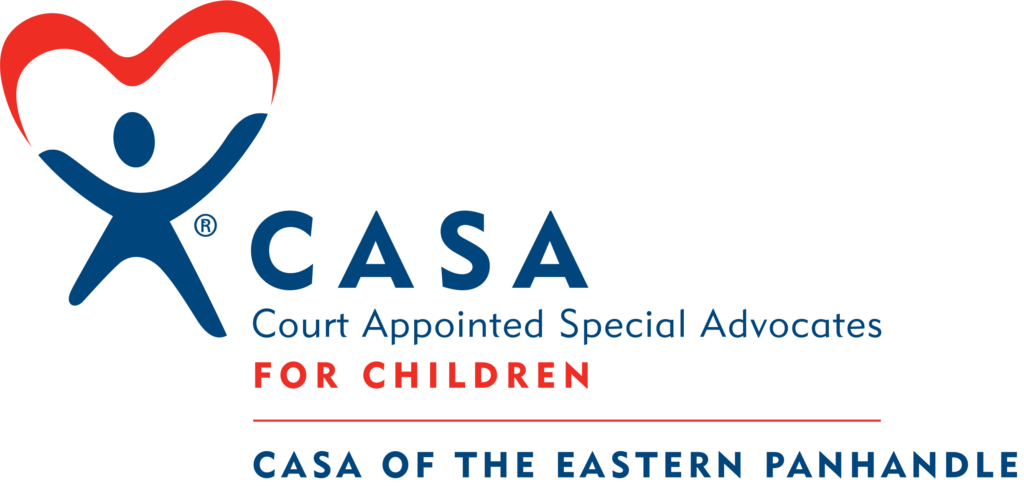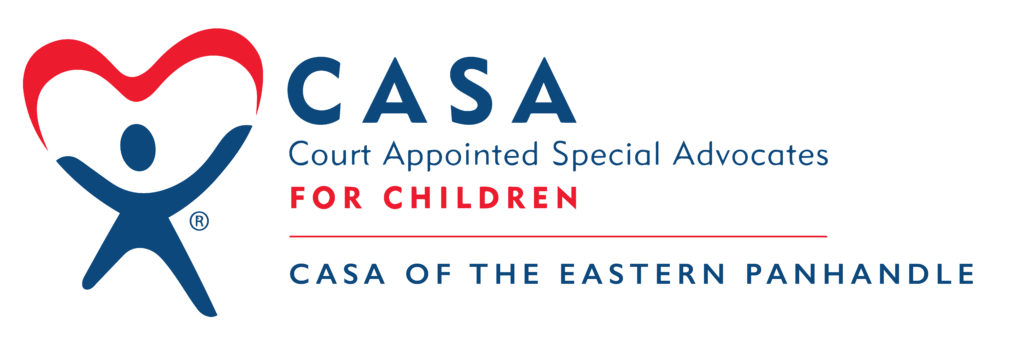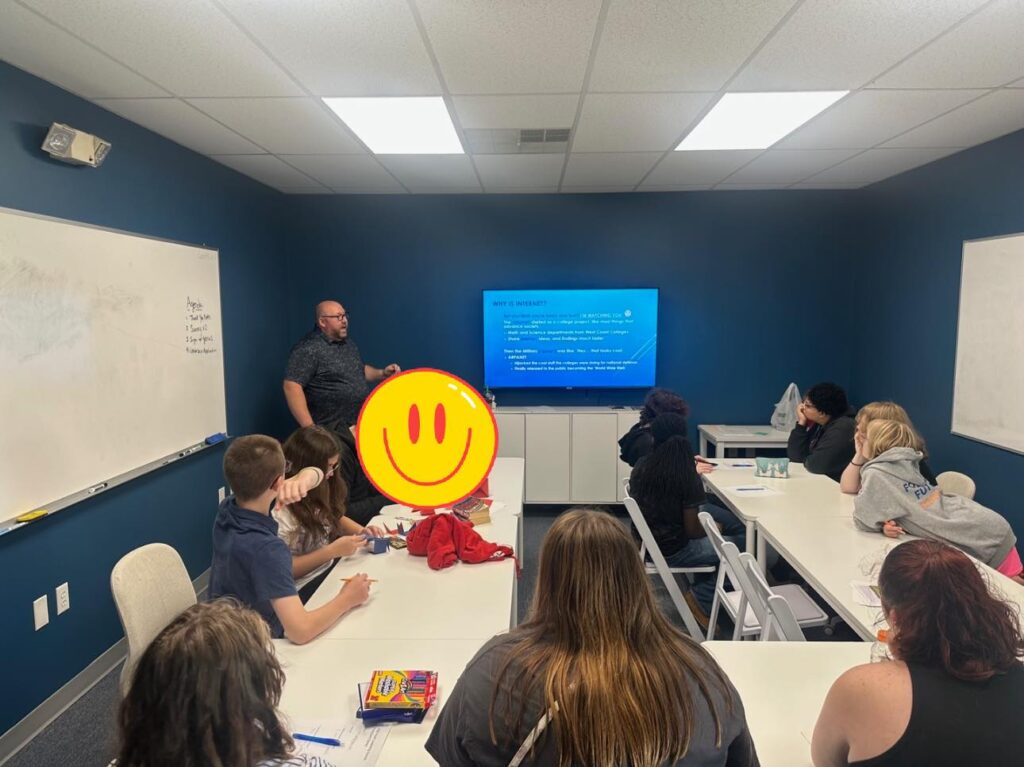In today’s fast-moving digital landscape, online safety is no longer optional—it’s essential. That’s why CASA of the Eastern Panhandle has officially launched a new Internet Safety Training as part of its ongoing Fostering Futures Forward initiative, helping prepare youth in care for real-world challenges.
Led by Andrew Gordon, a network engineer and cybersecurity expert—and one of CASA’s newest mentors—the training focused on critical topics like digital footprints, privacy, and how to recognize safe interactions online. Held on Saturday, July 19, 2025, the session brought together 17 youth for an engaging, age-appropriate, and highly relevant workshop.
What the Training Covers
The session breaks down key elements of online safety in a way that’s relatable and actionable. Participants walked away with clear takeaways:
- “Your digital footprint follows you like a fingerprint.”
Everything you post, share, and engage with online creates a record—and that record can follow you for years. - Only add people you know in real life.
Understanding the difference between online “friends” and safe, real-world connections is a critical boundary. - Think before you send or post.
One simple decision online can have a lasting impact. Empowering youth to pause and evaluate before clicking “send” is a major step toward safer digital habits.
Why It Matters
Foster youth, in particular, are vulnerable to online threats—from predatory behavior to cyberbullying to identity theft. Many young people in care have already experienced trauma, and the anonymity of the internet can pose additional risks to their safety and wellbeing. CASA’s Internet Safety Training gives youth the tools to set boundaries, recognize red flags, and protect themselves online.
This program also helps foster self-confidence, resilience, and media literacy, allowing youth to take control of their digital presence and make informed choices.
Who It’s For
The Internet Safety Training is available to:
- Youth in CASA’s Fostering Futures and mentoring programs
- CASA volunteers looking to better support the digital literacy of their assigned youth
- Foster, kinship, and adoptive caregivers who want to start conversations about safe internet use at home
What’s Next?
This is just the beginning. More training and workshops are planned throughout the year as part of CASA’s commitment to preparing youth for independence—with the support, safety, and confidence they need to thrive in the real world and the digital one.
For more information or to find out how to get involved, visit www.mycasaep.org or contact your CASA supervisor.




